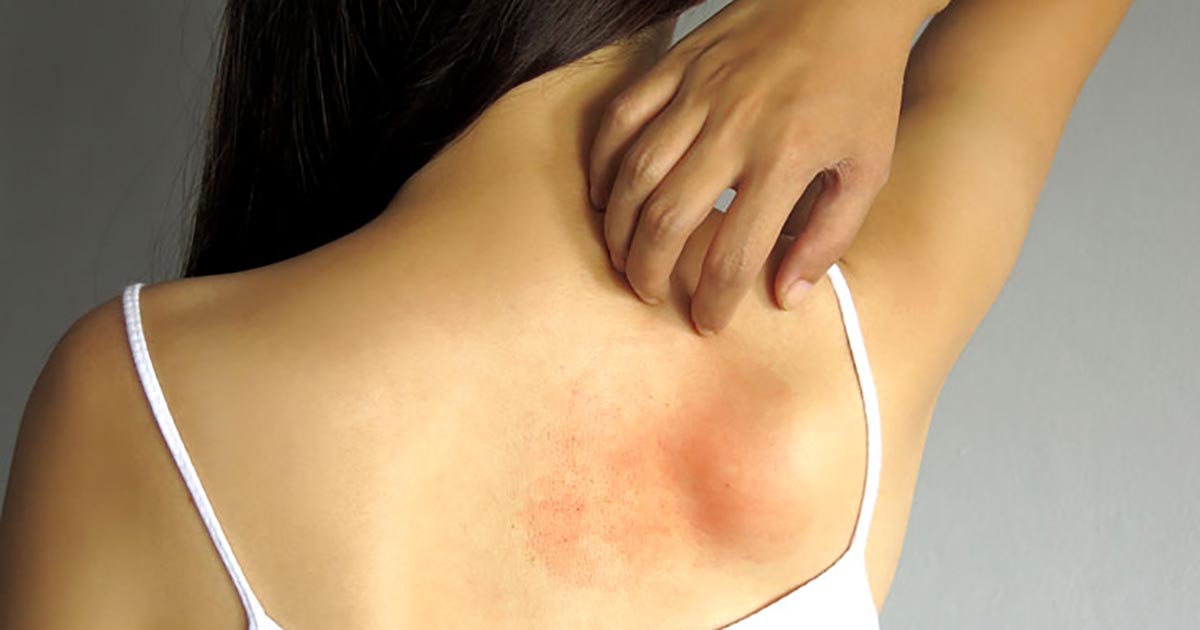Erysipelas Prevention And Treatment Tips
Avoid Scratching

Breaks in the skin barrier enable the bacteria that causes erysipelas to penetrate this protective layer and cause infection. Thus, individuals should avoid scratching as much as possible to help keep the skin barrier intact. This may be difficult with certain skin conditions like eczema and psoriasis, both of which can cause intense itching. A myriad of other conditions can make the skin very itchy, including insect bites, dermatitis, chickenpox, fungal infections, allergic reactions, parasites, or certain medications.
Conditions caused by the nervous system or mental illnesses can also cause itchy skin. Individuals can avoid scratching by treating the condition causing itchy skin or wearing gloves if they're unable to stop scratching, especially at night. Keeping nails trimmed can also be helpful.
Moisturize The Skin

Many may not realize this, but moisturizing the skin can go a long way in preventing outbreaks of erysipelas. Dry skin is more likely to crack and allow bacteria to penetrate the skin. Itchy skin can also lead to dryness and scratching, which can result in abrasions. Thus, individuals should moisturize their skin to keep it hydrated and reduce the risk of cracking. Keeping the skin moisturized during winter months is especially important because the cold, dry air sucks the moisture out of the skin and leaves it dry and itchy. Regular moisturizing should be performed to maintain good skin condition, especially if patients have a condition that causes dryness and itchiness.
